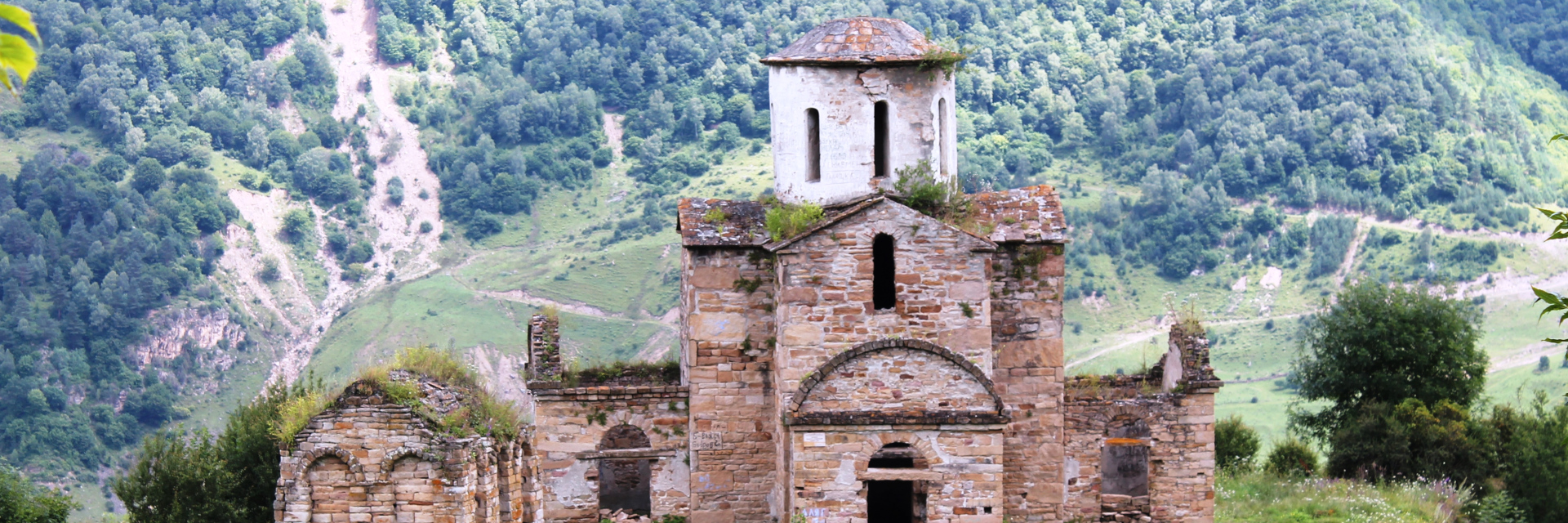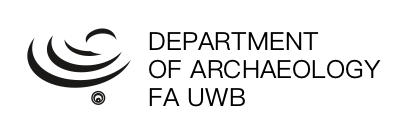
The Archeology in the Czech Language study program is conceived as a follow-up (post-bachelor’s) education program. The aim of the follow-up study of archeology is to prepare highly qualified experts who will be able to work independently in the field of archeology, master its theoretical and methodological foundations, understand archaeological sources and be prepared to analyze, synthesize and interpret them in a broad historical context. Emphasis is placed on mastering the system of archaeological sources, the habit of independent education, thinking, and the implementation of research activities with an emphasis on deepening the graduate’s knowledge of theory and methodology in the field. In accordance with the long-term research direction of the Department of Archeology of the University of West Bohemia, the study program focuses on two narrower profiles that follow modern research trends and also meet the needs of securing further knowledge and protection of historical heritage. The first specialization is focused on the archeology of landscape in the natural and anthropogenic context, and the second on the material culture of movable artifacts. This profiling is complemented by a diachronical choice of focus on individual periods (specialization in the archeology of prehistory, the Middle Ages, the Modern Age and modernity). The study program prepares students for work in educational, research and academic institutions, but also in fields such as the public administration.
Acquired skills and knowledge:
Acquired skills and knowledge:
- The graduate has a mastery of theoretical approaches and has knowledge of archaeological methods in research activities, including various interdisciplinary approaches.
- Has advanced knowledge of the Czech, European and partly also non-European archaeological issues of selected periods and topics.
- Has extensive knowledge and methodological apparatus within a narrower specialization (landscape, archeology of architecture and the study of material cultures).
- He/she is ready to independently carry out empirical research and interpret the results in a broader context.
- Can conduct non-destructive and destructive field archaeological research and has the skills necessary for research project management, its comprehensive evaluation, interdisciplinary overlap and presentation of results to the professional and general public.
- Is able to analyze, evaluate, manage and present collections of archaeological sources.
- Has acquired skills in the field of care for the monument fund and the registration, documentation and administration of information systems of historical heritage.
- Is ready to acquire and process data from the area of historical heritage for the public administration and for the area of spatial planning.
- Is well prepared for work in research institutions focusing on archeology and for further studies at the doctoral level.
